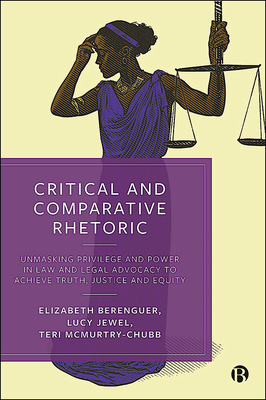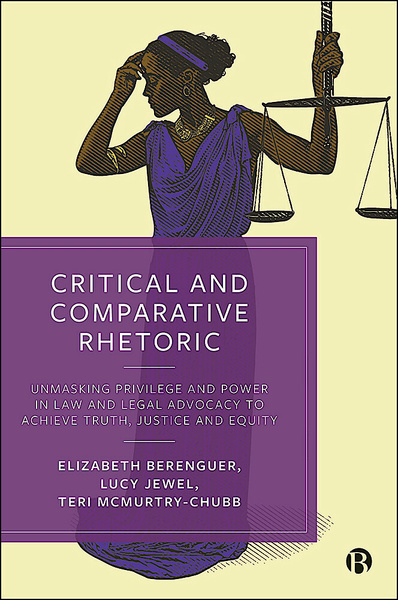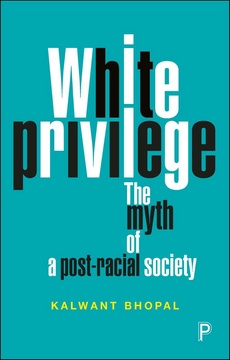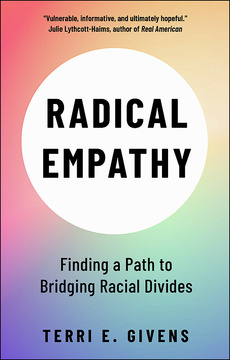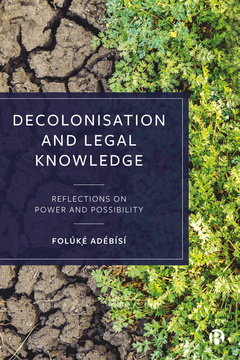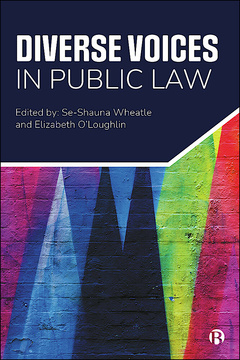Critical and Comparative Rhetoric
Unmasking Privilege and Power in Law and Legal Advocacy to Achieve Truth, Justice, and Equity
By Elizabeth Berenguer, Lucy Jewel and Teri A. McMurtry-Chubb
Published
30 Jun 2023Page count
192 pagesISBN
978-1529226010Dimensions
234 x 156 mmImprint
Bristol University PressPublished
30 Jun 2023Page count
192 pagesISBN
978-1529226027Dimensions
234 x 156 mmImprint
Bristol University PressPublished
30 Jun 2023Page count
192 pagesISBN
978-1529226027Dimensions
234 x 156 mmImprint
Bristol University PressThrough the lenses of comparative and critical rhetoric, this book theorizes how alternative approaches to communication can transform legal meanings and legal outcomes, infusing them with more inclusive participation, equity and justice.
Viewing legal language through a radical lens, the book sets aside longstanding norms that derive from White and Euro-centric approaches in order to re-situate legal methods as products of new rhetorical models that come from diasporic and non-Western cultures.
The book urges readers to re-consider how they think about logic and rhetoric and to consider other ways of building knowledge that can heal the law’s current structures that often perpetuate and reinforce systems of privilege and power.
“This book doesn’t just teach critical rhetoric theory, it gives its readers the tools to apply it, leaving them excited about what they can do to change the legal system.” JoAnne Sweeny, University of Louisville
Elizabeth Berenguer is Associate Professor of Law at Stetson Law School.
Lucy Jewel is Professor of Law and Director of Legal Writing at the University of Tennessee College of Law.
Teri McMurtry-Chubb is Professor of Law and Associate Dean for Research & Faculty Development at the University of Illinois Chicago (UIC) School of Law.
Introduction
Chapter 1: What’s Wrong with Aristotle?
Chapter 2: Problematizing Aristotle: Renovating and Remodeling Traditional Legal Rhetoric
Chapter 3: Shifting the Focus from the West
Chapter 4: Multicultural Rhetorics
Chapter 5: Reproducing the Canon, Reproducing Inequity (Traditional Rhetoric)
Chapter 6: Interrupting the Canon
Chapter 7: Disrupting the Canon: Multicultural Rhetorical Strategies in Action







